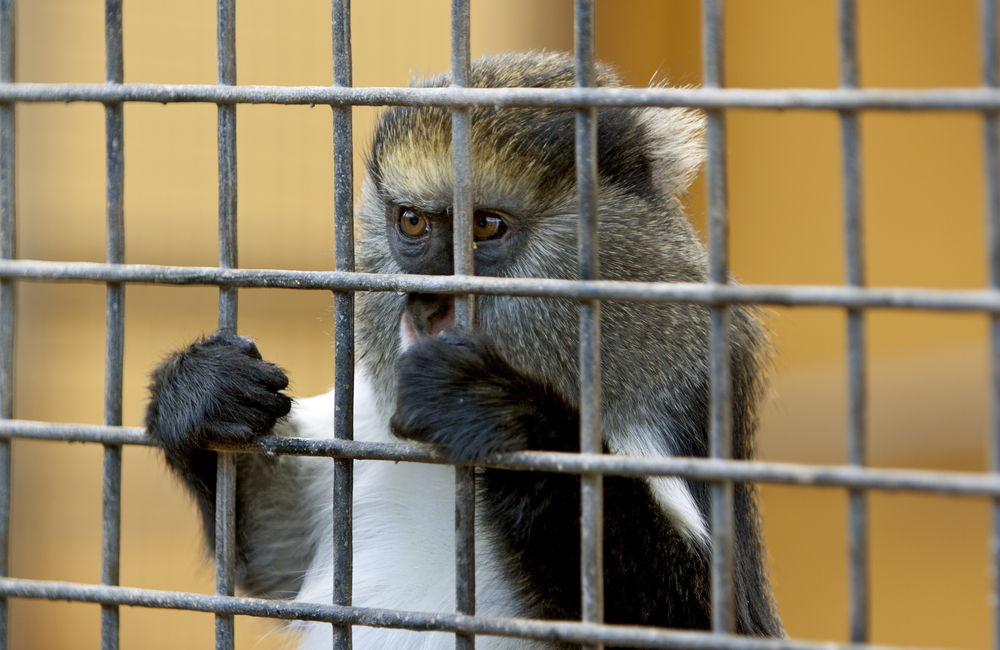
TORONTO — Archaic anti-cruelty legislation and weak transportation laws are among the reasons for Canada’s mediocre ranking when it comes to animal protection, according to a new global assessment.
Overall, Canada gets a D rating on the animal protection index, which rates 50 countries on a scale of A to G on the strength of their policy and legislative commitments to animal welfare and protection.
Criminal Code anti-cruelty law remains largely unchanged since it was drafted more than a century ago, said Melissa Matlow, a spokesman for World Animal Protection. The legislation, she said, still brands animals as property.
“That’s a big problem,” Matlow said. “It doesn’t reflect attitudes toward animals that are changing.”
According to the assessment, another key area of weakness relates to rules around farm animal transport.
“We’re the only developed country that I know of that allows some farm animals to be transported for up to two days without food, water and rest,” Matlow said.
In addition, protection for wild animals across Canada is inconsistent and mainly focused on the preservation of species rather than the well-being of any particular animal, the assessment finds.
Spearheaded by London-based World Animal Protection — formerly the World Society for the Protection of Animals — the index is based on 15 indicators, such as whether legislation recognizes that animals are sentient beings capable of suffering.
Other indicators assess the treatment of animals in captivity and those used in vivisection, and protection afforded wild animals.
It’s the first time the index has been published.
“The results of the index speak for themselves,” CEO Mike Baker said on the group’s website.
“Governments must take action to protect animals and to recognize that the welfare of animals is inextricably linked to people’s health.”
In an emailed comment, Agriculture Minister Gerry Ritz noted that animal welfare is a shared jurisdiction among the federal government, provinces and territories, and industry.
“Our government expects all businesses to adhere to Canada’s strict animal welfare laws,” Ritz said.
“Working with industry, our government has consistently strengthened animal welfare laws in Canada and we continue to take the issue seriously.”
The countries chosen for study are among the world’s largest producers of beef, poultry, pork, sheep and goat, and milk and eggs.
Leading the way on the index with A ratings were just four countries: The U.K., Switzerland, Austria and New Zealand.
“Animal welfare is deemed to be an independent important national issue as evidenced by the Animal Welfare Act 1999 and the large amount of policy that has been issued in support of it,” according to the detailed assessment of New Zealand’s performance.
Countries such as Belarus and Iran were at the bottom of the rankings with G grades.
Canada did get good marks for committing to the proposed Universal Declaration on Animal Welfare.
In addition, the index does not capture improvements in Canada — such as development of a national code of practice when it comes to farm animal confinement — that fall outside the legal system.
Still, Canada ranked below developing countries such as Brazil, India and the Philippines.
“Canada has the potential to be a world leader in protecting our animals but instead we are missing even basic legal frameworks to protect them,” Josey Kitson, executive director of World Animal Protection Canada, said in a statement.